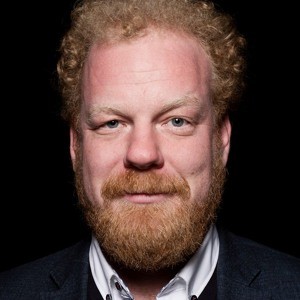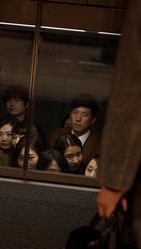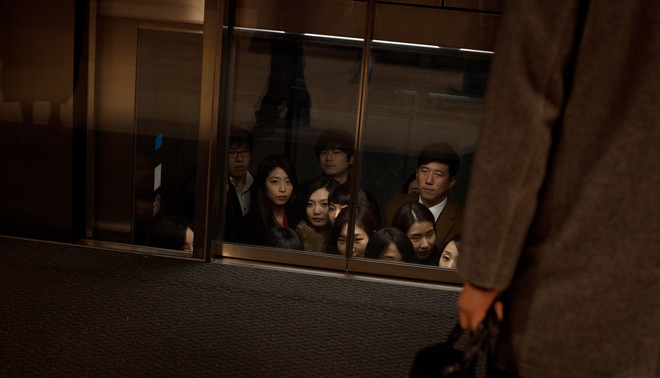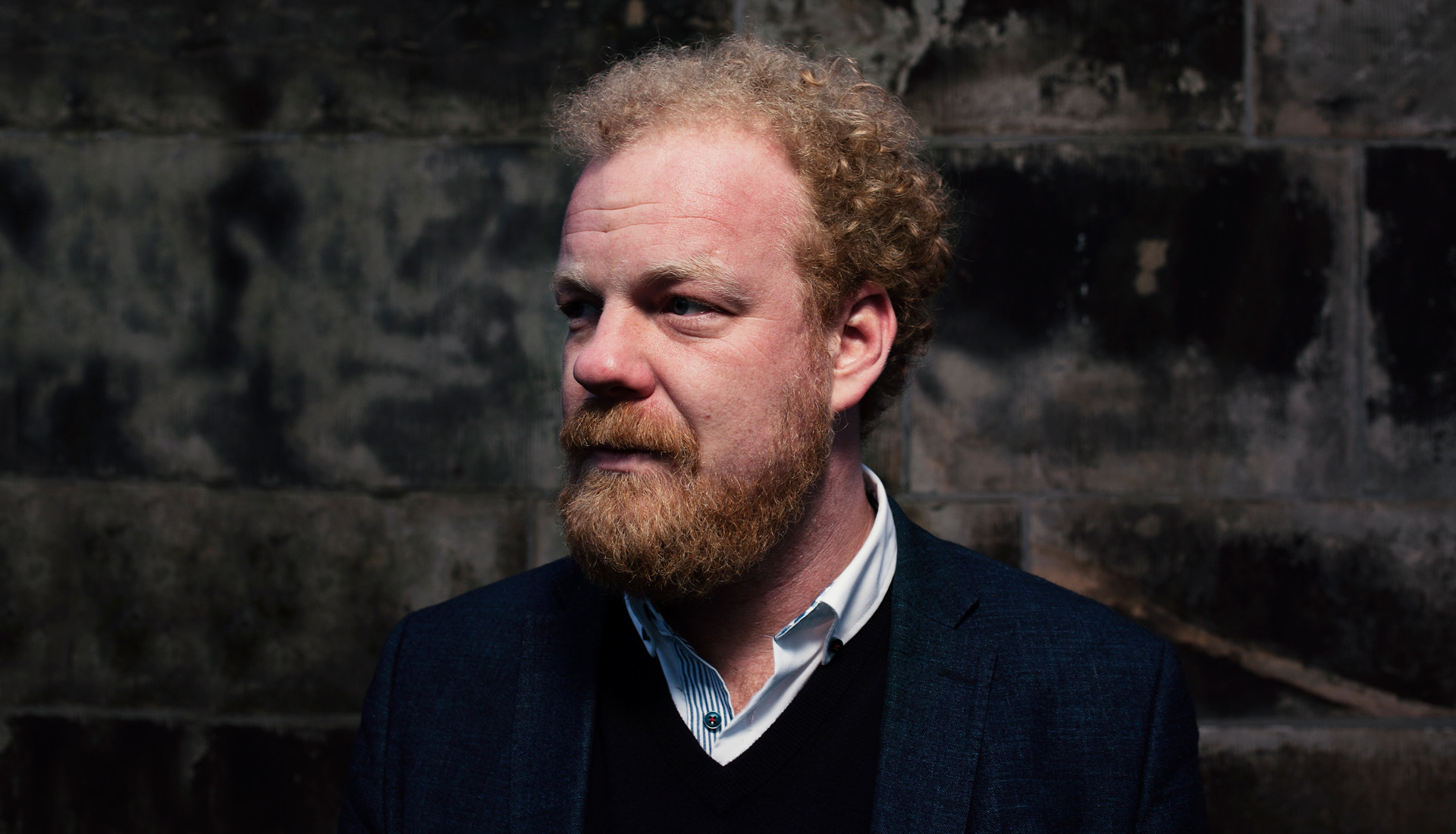
According to Rob Wijnberg, the call to be objective is one of the most persistent misunderstandings in journalism. Objectivity doesn’t exist. “It’s literally impossible to describe the world without having some idea of good and evil, relevant and trivial, true and untrue.”
And according to Czech economist Tomáš Sedláček, the same is true of economics. The assertion of many economists that their use of mathematical formulas and physical models provides an objective representation of reality is false. Behind all the graphs and numbers and models and formulas lurks – just as in journalism – a worldview. An awareness of evil. A feeling. An instinct.
“Behind all the graphs and numbers and models and formulas, lurks a worldview”
Is that bad? No, not according to Sedláček. On the contrary, economics must necessarily ground itself in ethics; moral beliefs have underpinned the field through all its centuries of existence. He expands on this claim in his groundbreaking book Economics of Good and Evil: The Quest for Economic Meaning from Gilgamesh to Wall Street. This provocative 2011 bestseller heralded his international arrival as one of the most exciting economic thinkers of our time.
Tomáš Sedláček witnessed the fall of communism at the age of thirteen. At twenty-four he became an advisor to Václav Havel, the writer who became the Czech Republic’s first president. He is a member of the National Economic Council in Prague and works as a macroeconomist for the country’s largest bank.
I spoke with Tomáš at the Winternachten literature festival in The Hague, where he hosted a book club on the Bible. It’s the fertile mix of choice for this lively intellectual: the Bible, combined with jokes, economics, The Matrix, and The Lord of the Rings.
—Translated from Dutch by Grayson Morris and Erica Moore
More stories from De Correspondent:

 Why do the poor make such poor decisions?
Our efforts to combat poverty are often based on a misconception: that the poor must pull themselves up out of the mire. But a revolutionary new theory looks at the cognitive effects of living in poverty. What does that relentless struggle to make ends meet do to people?
Why do the poor make such poor decisions?
Our efforts to combat poverty are often based on a misconception: that the poor must pull themselves up out of the mire. But a revolutionary new theory looks at the cognitive effects of living in poverty. What does that relentless struggle to make ends meet do to people?

 To understand the magnitude of what’s going on in South Korea, watch this short film
The week after an arrest warrant was issued for the head of Samsung, we present the film Samsung Galaxy. It’s a disconcerting look into Samsung’s South Korea, told through a series of photos that chronicle a young woman’s daily life in Seoul – a life that would be impossible without the corporate giant.
To understand the magnitude of what’s going on in South Korea, watch this short film
The week after an arrest warrant was issued for the head of Samsung, we present the film Samsung Galaxy. It’s a disconcerting look into Samsung’s South Korea, told through a series of photos that chronicle a young woman’s daily life in Seoul – a life that would be impossible without the corporate giant.

 Our kids may never get the chance to know America
This would be a dark chapter in US history even if Donald Trump had lost the election. But thanks to the incoming president, American democracy is in an accelerated state of decay. Is there anything we can do?
Our kids may never get the chance to know America
This would be a dark chapter in US history even if Donald Trump had lost the election. But thanks to the incoming president, American democracy is in an accelerated state of decay. Is there anything we can do?




